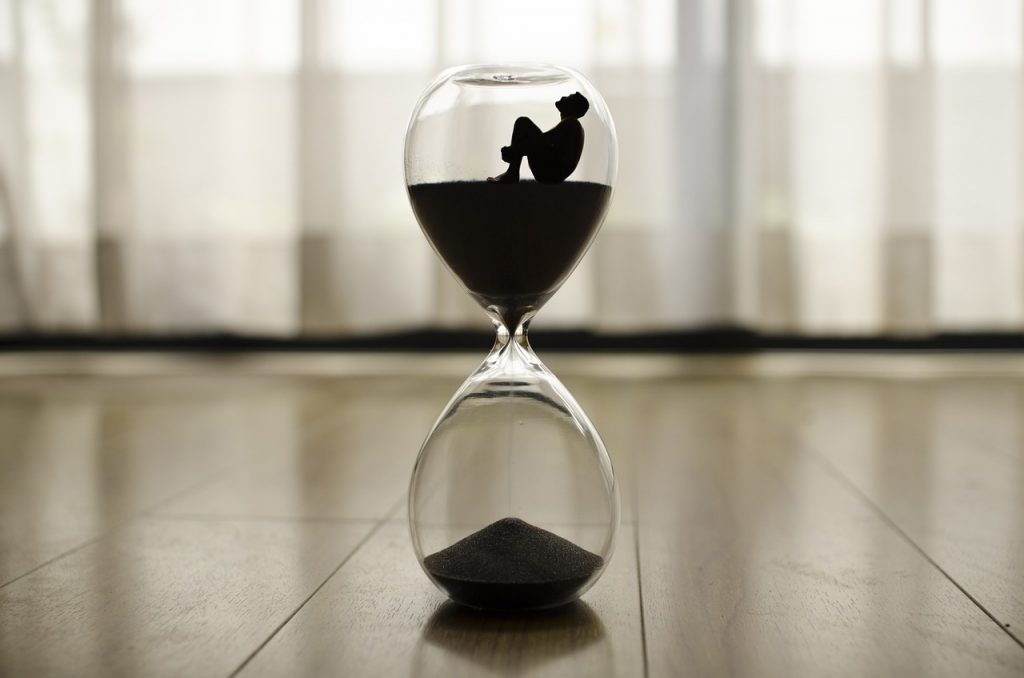3 Guidelines to Stop Your Precious Time from Slipping Away


Image via Pixabay
Here’s a quick question for you; when did you last really think about the value of your time? About the impact that those seconds, minutes and hours have on your life and how they could be spent differently?
Have you considered that time is a resource which there’s no getting back once it’s been spent?
If you’re anything like most people, you likely watch your money like a hawk, carefully looking out for the best credit card loan consolidation scheme, or cost-cutting strategy.
But while money is important, it’s nowhere near as rare and precious as time. Here are some ways you can prevent any of your precious time from being lost aimlessly.
Continually remind yourself that the most productive people in human history have still had the same 24 hours a day that you do
What do people like Alexander the Great, Marie Curie, Shakespeare, and you all have in common? No matter how different you all are in your achievements, interests, lifestyles, or cultural habits, every human in history — including all of the most productive and outstanding exemplars in their fields — have had the same daily budget of 24 hours to work with.
It’s useful to remind ourselves of this fact, precisely because it can be so easy to make excuses. “Well, there isn’t really any time to do this because… x, y, z.”
In her book 168 Hours, author Laura Vanderkam looks at the habits of some hyper-productive people, and how they use their weekly allowance of 168 hours. There are many amazing stories there, including moms who also run successful companies, find time to regularly walk in nature, and read constantly.
Before you complain that you don’t have enough time to do the things you’d like, have you ever taken a long hard look at how you’re really spending your time? Do those wasted minutes here and there, idly scrolling through Facebook, add up to a couple of hours that could be spent on a new hobby, or reading a good book?
Track your time throughout the day for a while
It’s difficult to have a clear idea of how well or poorly we’re using our time, until we actually begin tracking our time use (at least for a while) in order to get an objective sense of things.
For at least a week or so, you should try tracking how you spend your time throughout the day, to determine where it might have been spent better, as well as to identify problem patterns in your time-use.
You can record the time you spend on various things using a pen and paper, a pre-made chart, or a web-based app such as Toggl.
Train yourself into maintaining good time-management habits, one step at a time
Habits, unfortunately, don’t change instantaneously. But they can change.
Once you’ve identified areas of your life where you waste time in ways that you can’t rightly justify to yourself, you need to take steps to train yourself into good time-management habits, one step at a time.
Start slow, and build up over time. On the first day, you might say that you’ll limit your idle web surfing to 3 hours a day. After a few weeks, maybe you’ll be ready to limit that to 30 minutes a day, while filling that newly freed up time with other activities like reading, studying online courses, or exercising.
